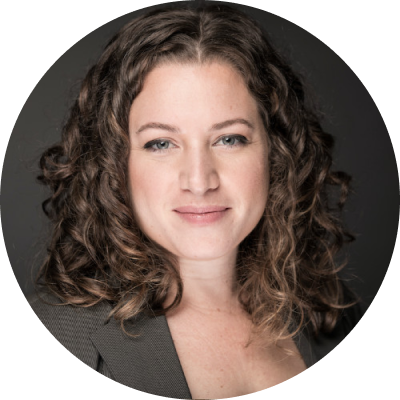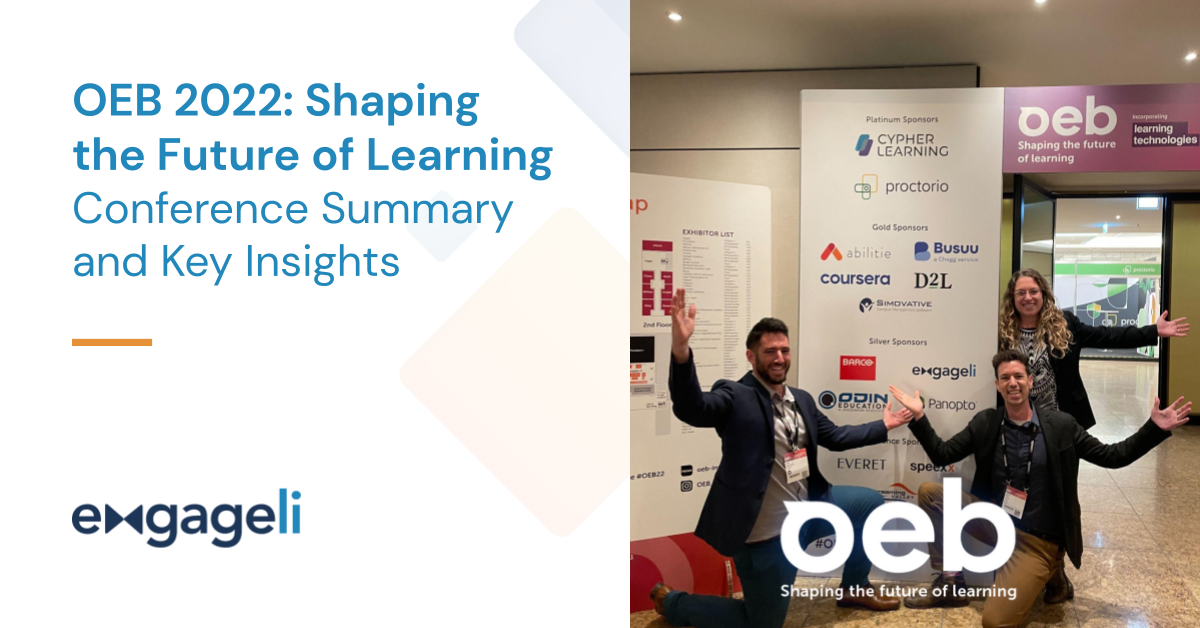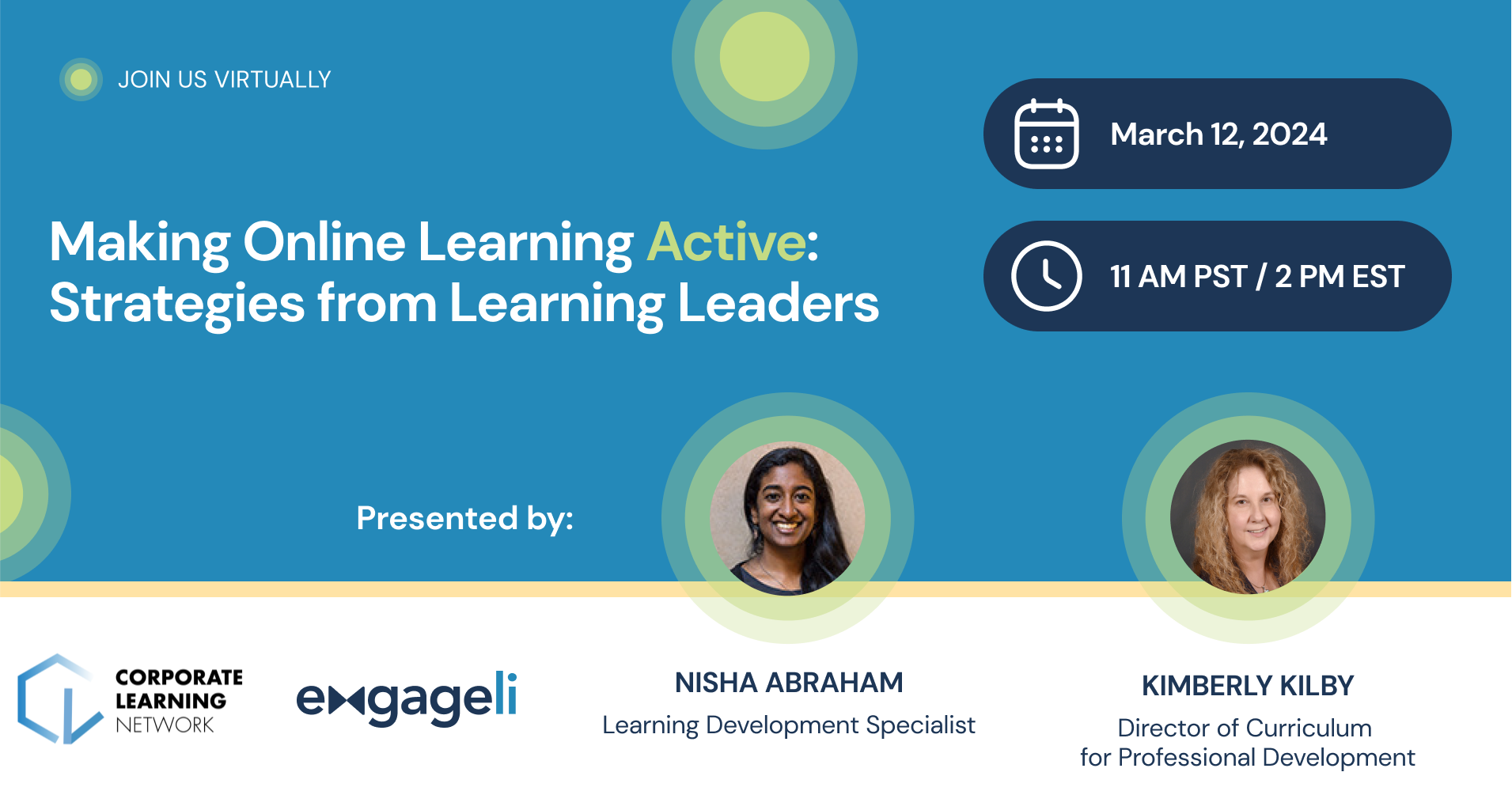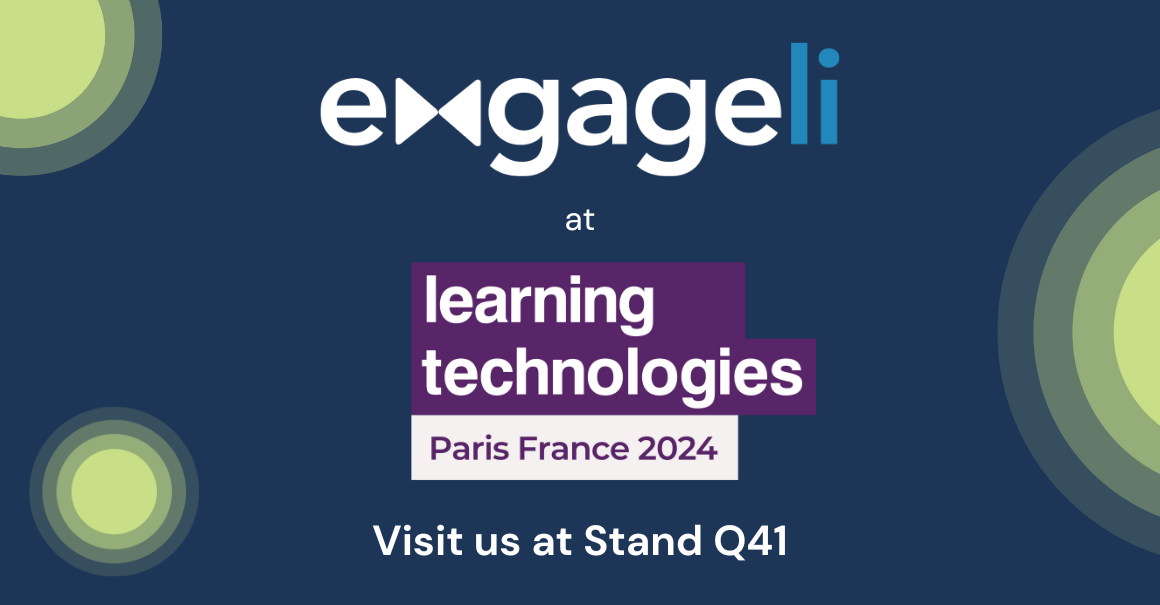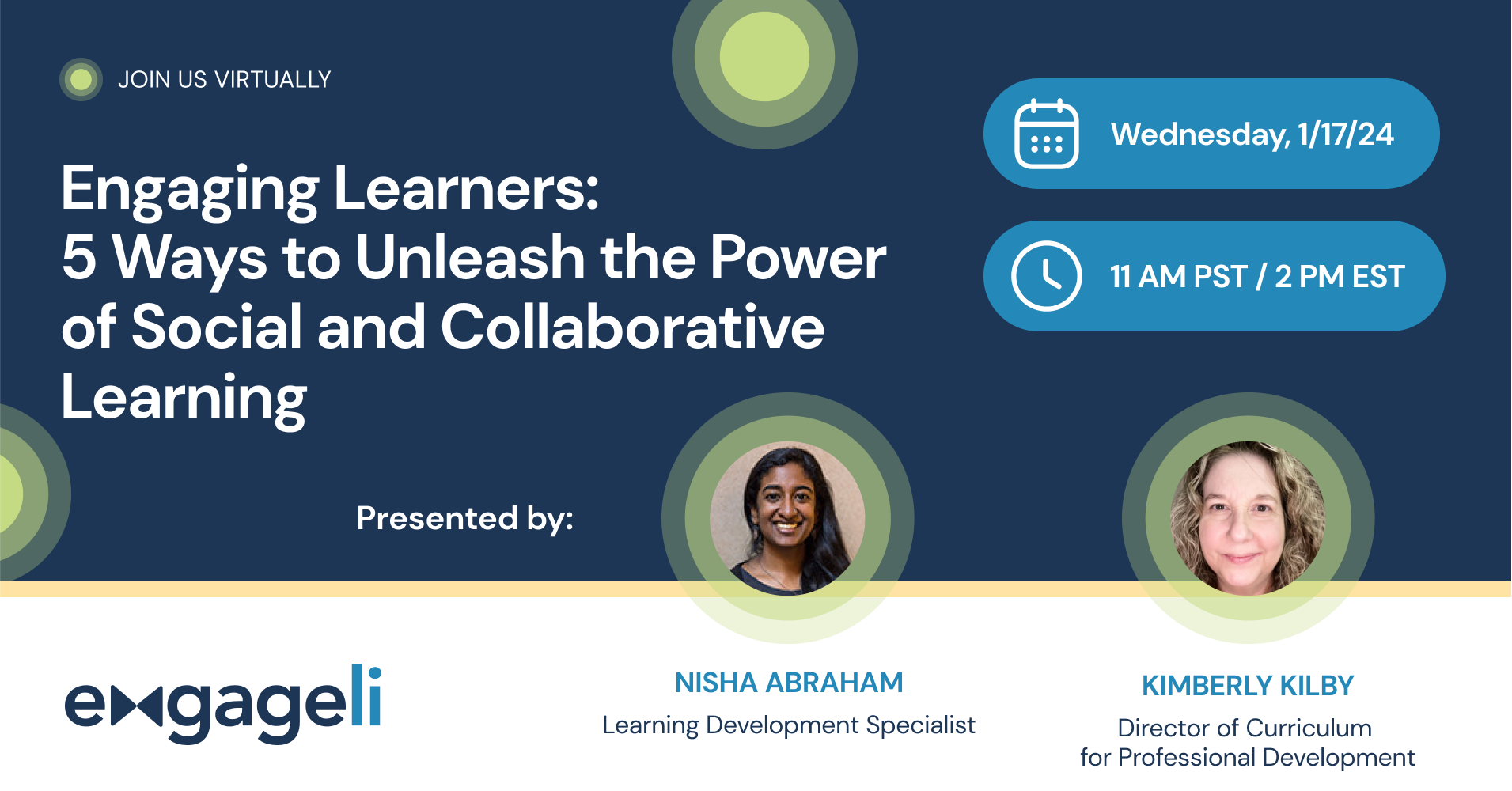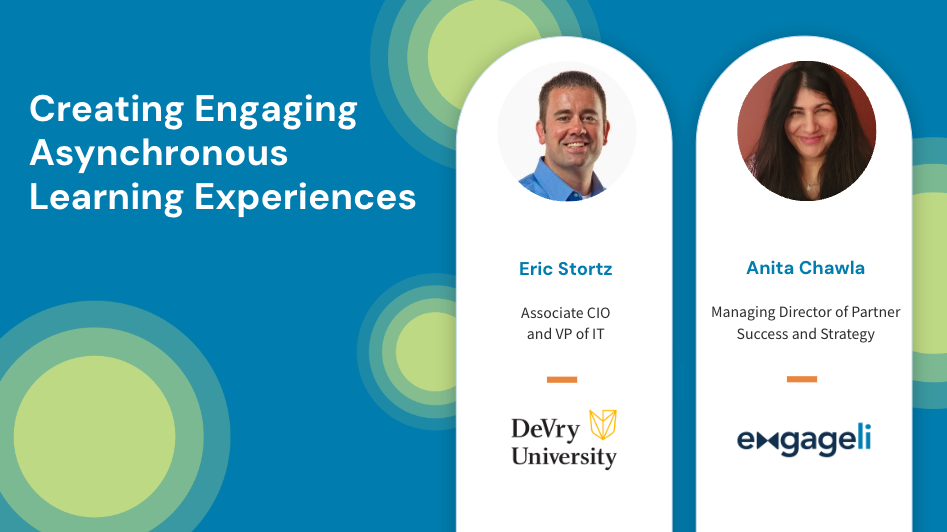Evaluation: challenging assumptions when considering new technology
When evaluating a new technology, it became apparent that it is important not to take the status quo for granted; we need to challenge our basic assumptions about teaching and learning and think outside the box. In a panel led by Gilly Salmon, CEO of Education Alchemists, panelists were provocatively asking us to re-think the terms “classroom,” “teacher,” and “student” while reflecting on what role is left for the “providers of classes” (universities) and the “gatekeepers to content” (teachers). When considering approaches to digital transformation, Margaret Korosec, Dean of Online and Digital Education at Leeds university, reminded us of our responsibility to ask who is not represented. Who are the voices that are not heard around the decision-making table? University leadership should be listening to their students, faculty, industry partners, and startups to gain insights and innovative solutions. Other speakers were describing disjointed learning experiences that emerged as a result of too many tools patched together to mimic the in-person dynamic. In one of the sessions, led by Claudia Krebs from UBC, a question was asked from the audience about the potential of breakout rooms for small group activities. There was agreement in the room that small group activity only works for small classes. More than 25 students in a cohort makes it impossible to manage. But is that really the case? Or have we adapted to the tools we are already using instead of searching for the tools that give us what we need?
Implementation: shifting from crisis response to an intentional ecosystems approach
We are in the midst of an important transition from “crisis mode” resulting in our response to the pandemic, into the intentional creation of purpose-driven digital ecosystems that support learning. Academic leaders are creating spaces for a fresh start, in some cases discontinuing long-term commitments with systems or providers that no longer address their needs. I found thoughtful leaders exploring how to create a culture of innovation and nurture creativity. This was the approach presented by Thomas Ahler from UCL Denmark. He shared their "bottom-up" approach to experimenting with new technologies. They provide support and resources for entrepreneurial faculty members to ensure they are set up for successful exploration. Another example was the honest and direct reflection from Jordan SEKE, providing deep insights on the work at the University of the Witwatersrand, South Africa, and the importance of selecting intentional technologies that align with the institutional strategy.
Scale: enabling effective learning with intentional technology
The last step in digital transformation is about scale - and various sessions indeed addressed that topic at OEB. A corporate perspective on innovative approaches to global workforce development was presented by Meredith Wellard, VP at DHL. Meredith is leading the learning strategy for DHL’s 600,000 employees, distributed in every country in the world, by providing them with an end-to-end (from the cradle to the grave) employee experience. Meaningful learning and professional development at scale is a true challenge for DHL. Several speakers, such as Olivier Crouzet from “42”, focused on the advantages of peer learning and collaboration, although solutions for scale were a key challenge here as well. Matt James, Head of Online at Cambridge Press and Assessments, presented their work on enhancing engagement for learners across programs with a variety of digital tools that could sometimes seem overwhelming to the average instructor. For academic leaders, solutions like Engageli, which enable an evidence-based approach to globally distributed large cohorts, while reducing the cognitive load on the instructor, could be the holy grail of technology-enhanced learning.
A look into the future: Learning in the metaverse
This hot topic was passionately debated at OEB. Quite a few sessions touched on it, exploring what it really means for educators, executives, startups, learning designers, leaders. Discussions focused on the value (or potential damage) of the metaverse for learning, on neurological, cognitive and social aspects and on questions of equity and inclusion. An interesting argument made by immersive experience designer Andy Fidel, was that in the real world, people are evaluated from the outside-in, while in the metaverse people are evaluated from the inside-out. This allows individuals to explore who they really are without constraints of social structures or bias. The metaverse invites us to examine our own knowledge and assumptions and enables more flexible definitions of traditional environments like “the classroom”, “the world” and “the self”. Like any other technological breakthrough, it is important to remember the purpose and resist the novelty effect that sometimes blinds us from making thoughtful choices. The metaverse is a space that can become meaningful if we design it with purpose.At Engageli, we are looking forward to continuing these thoughtful conversations and shaping the future of learning together with our partners.
